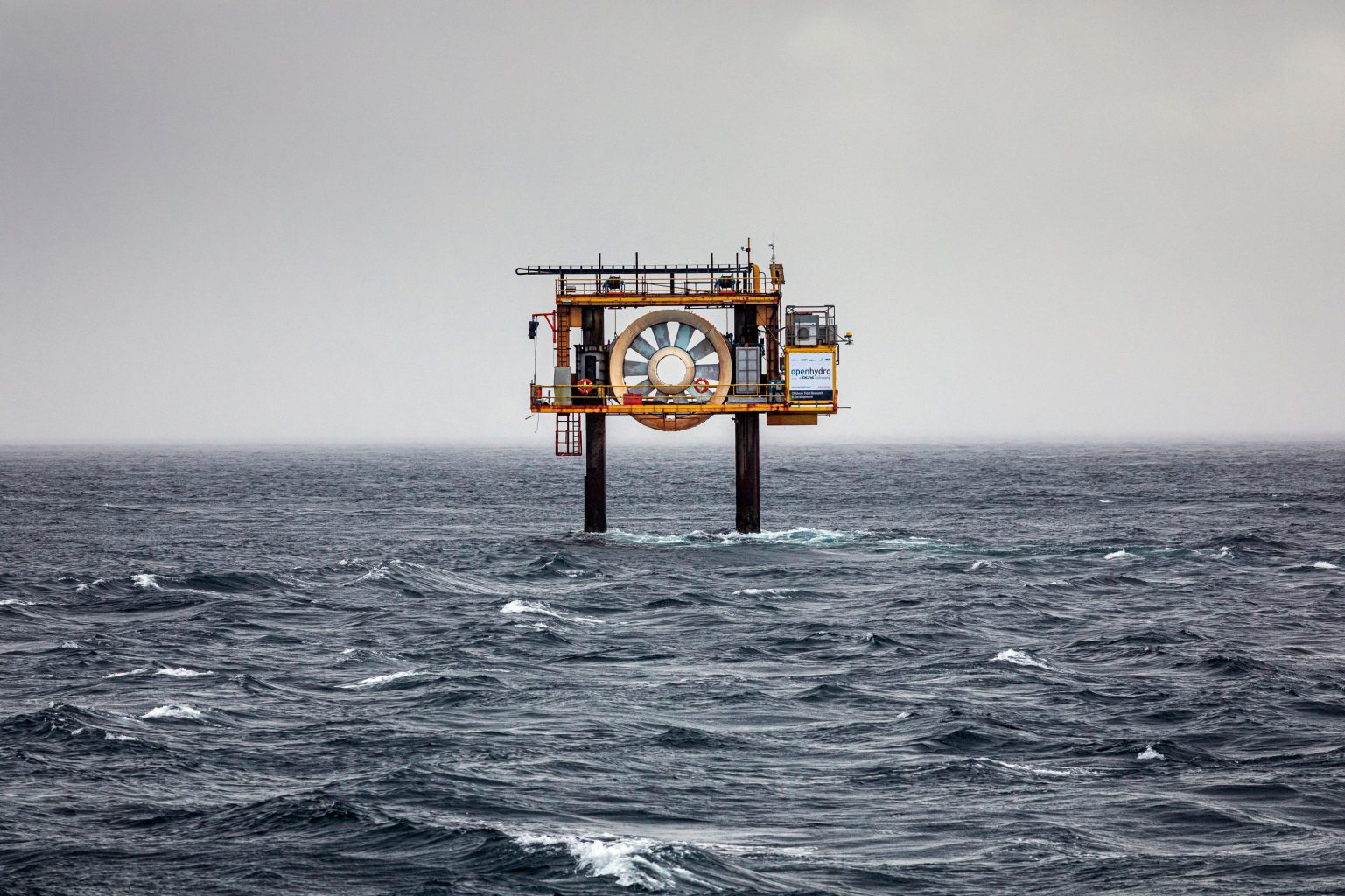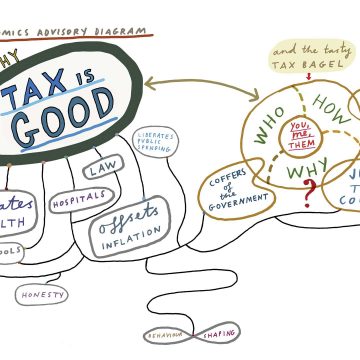Rethinking economics
The Dasgupta Review is clear: to remain useful, the tools of economics must be reshaped with the natural world at their heart.
The warning was stark: “We have collectively failed to engage with nature sustainably, to the extent that our demands far exceed nature’s capacity to supply us with the goods and services we all rely on. We would require 1.6 Earths to maintain the world’s current living standards.”
This was the headline finding of The Economics of Biodiversity, Professor Sir Partha Dasgupta’s review of the economics of biodiversity decline. And, as the UK prepared to host November’s COP26 UN Climate Change Conference in Glasgow, it prompted Prime Minister Boris Johnson to note that economic prosperity and environmental protection are two sides of the same coin, as he pledged to ensure “the protection of nature is rooted in our policy, economic and financial decision-making in the UK and around the world”.
Key to the report is the concept of ‘impact inequality’ – the imbalance between humanity’s demand and nature’s supply. The equation is not in balance – and growing steadily worse
Dasgupta, the Frank Ramsey Professor Emeritus of Economics, declared his overarching aim to be “the reconstruction of economics to include nature as an ingredient”. The resulting report, commissioned by HM Treasury in 2019 and some 610 pages long, is unprecedented in its approach and scope.
At its heart lies the concept of ‘impact inequality’ – the imbalance between humanity’s demand and nature’s supply. One side of that equation is determined by the extent and nature of individual demands, the size of the human population and “the efficiency with which we convert nature’s services to meet our demands and return our waste back into nature”. On the other side is nature’s stock of natural assets and its ability to regenerate them. Currently, the equation is not in balance – and that imbalance is growing steadily worse.
The review notes how biodiversity is declining faster than at any time in human history, with extinctions running at between 100 and 1,000 times the baseline rate. This is already devastating, with some ecosystems at (or beyond) a tipping point that could have catastrophic consequences for human economies and wellbeing. Reversing those trends, Dasgupta argues, “would be significantly less costly than delay, and would help us achieve wider societal goals”, not only addressing climate change, but also helping alleviate poverty.

The Orkney Islands are situated at the meeting point of the Atlantic ocean and the North Sea and are exposed to heavy winds and exceptionally strong currents. This test site for tidal energy was the first tidal turbine to deliver electricity to the UK’s national grid in 2006.
A central challenge is the invisibility of nature in the way global economic systems assign value. Consequently, nature’s worth – “the true value of the various goods and services it provides” – is not reflected in market prices.
More than that, this invisibility means that humanity’s impacts on nature “are hard to trace and go unaccounted for”. The report assigns culpability not only to this market failure, but to broader institutional failure, such as the fact that “governments almost everywhere pay people more to exploit nature than to protect it”.
When we measure wealth properly, taking nature into account, we will be better custodians of the planet. It is high time we build and measure growth differently
Three key recommendations are made by Dasgupta and his wide-ranging advisory panel, which included: former Barclays Chair Sir Ian Cheshire (Christ’s 1977); Professor Cosmas Ochieng (Clare 2000), previously a Director at the African Development Bank; Dame Fiona Reynolds, Master of Emmanuel College and formerly Director-General of the National Trust; and Lord Stern (Nicholas Stern) (Peterhouse 1964), author of the monumental 2006 Stern Review which broke new ground in its in-depth examination of the economics of climate change.
The first recommendation is to ensure our demands do not exceed nature’s supply, and to increase that supply by such means as decarbonising our energy systems and adopting sustainable food production. This cannot be achieved solely through technological innovation – “damaging forms of consumption” must be broken, for example by enforcing standards for re-use, recycling and sharing.
The second recommendation counsels that existing economic measures of success, such as GDP, must be fundamentally rethought. It argues that a new concept of “inclusive wealth should incorporate natural capital into national accounting systems”.
The third recommendation demands that we urgently transform our institutions and systems, in particular our finance and education systems, to enable these changes and to sustain them for future generations.
The Dasgupta Review is a monumental piece of work, provoking much debate at this autumn’s COP26. Hailing it a “landmark contribution to our understanding of the relationship between nature and our economy”, Governor of the Bank of England Andrew Bailey says that central banks are engaging on these issues. And Dr Akinwumi Adesina, President of the African Development Bank Group, notes: “When we measure wealth properly, taking nature into account, we will be better custodians of the planet… It is high time we build and measure growth differently.”







